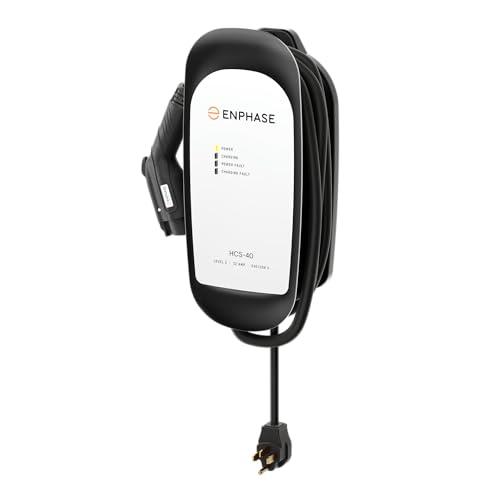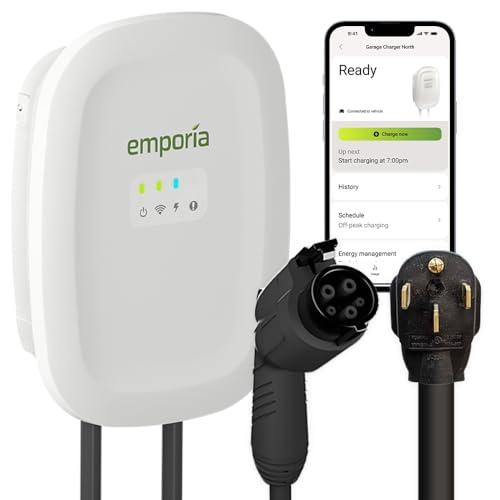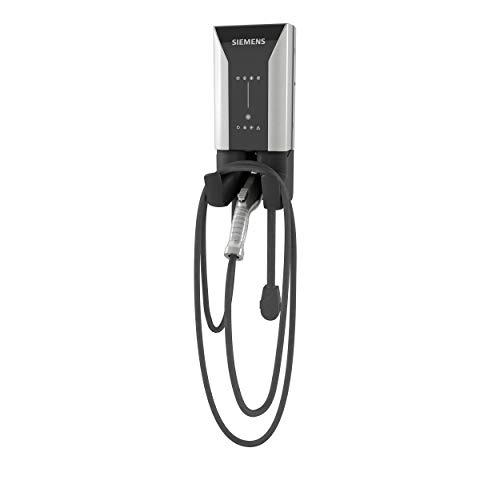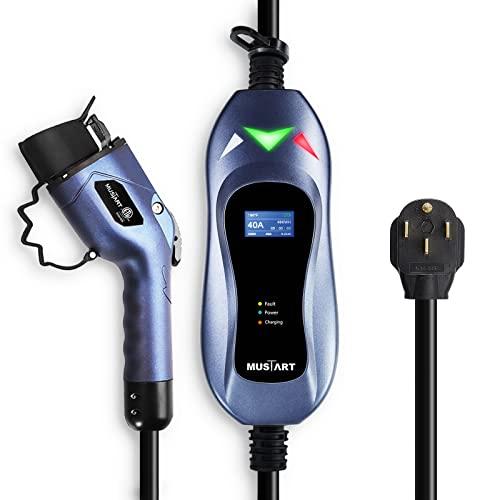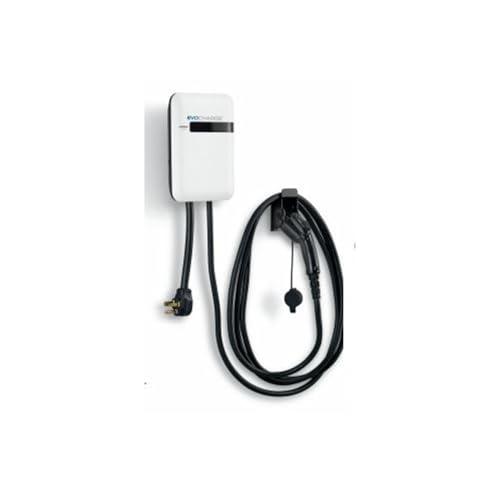Time
Find out how the Chevy Bolt Charge Time Calculator can help you make smart decisions about when to charge your car
Unlock the Benefits of Chevy Bolt Charge Time Calculator
The all-new 2022 Chevy Bolt EV is a redesigned electric hatchback that has enhanced features and a much cheaper asking price. It still employs a front-drive-only powertrain that delivers near-instant acceleration, and Chevy estimates the 2022 Bolt EV can travel up to 259 miles on a full charge. To calculate the time it takes for your electric vehicle to charge, we recommend using the Chevy Bolt Charge Time Calculator. Read also about 3 myths you should know about electric cars in the U.S.
Why the Chevy Bolt Charge Time Calculator is Essential
Adding to the allure of the 2022 Chevy Bolt is its efficient charging. Knowing when your vehicle will be fully charged is crucial for planning trips and managing your time. The Chevy Bolt Charge Time Calculator assists you in this, providing a more streamlined experience as you transition to electric driving.

How to Use the Calculator for Optimal Charging
The Calculator is easy to use and requires just a few inputs from the user. It considers the state of your battery, the charger you're using, and even the electrical output in your area for a more accurate calculation. So, remember to keep your vehicle details handy to make the most out of this utility tool.
Comprehensive Guide to Chevy Bolt Charging Parameters
Time to charge the Chevy Bolt
The charge time parameter is not stable since it is reliant on a variety of variables. First, it's the battery capacity value. It may be discovered with the Calculator by simply providing the model of your own electric car.
Understanding Battery Capacity
Battery capacity varies between Chevy Bolt models and even between individual cars based on factors like age and usage. More recent models feature a 66 kWh battery, while older ones may have smaller capacities. Knowing this helps in using the Charge Time Calculator more effectively.
Unpacking Charging Rate Limitations
The charging rate is likewise limited by the station's charging capacity (EVSE). To figure out this value, divide the line voltage (in the United States, it's 240V or 120V) by the charger's amperage.
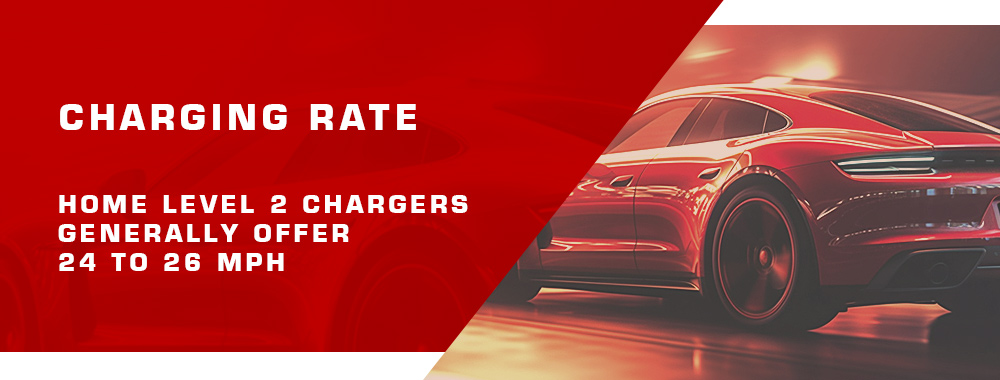
Dissecting Charging Speeds for the Chevy Bolt
The charging speed of electric cars varies according to the type and model. Different types of electric automobiles require varying amounts of time to fully charge their batteries. We can distinguish three degrees of charging speed:
- The time spent to fully charge the battery is about 5-8 hours.
- It takes about 2-3 hours to charge the battery.
- You may recharge the battery in about 15 minutes.
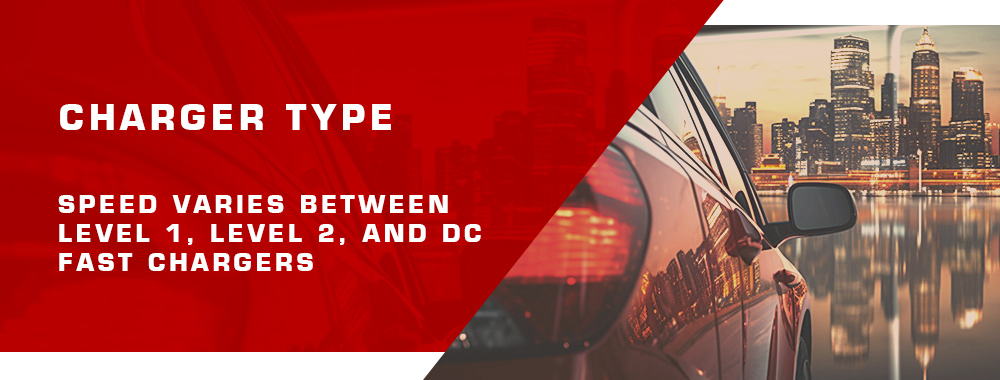
Charging Speed Calculation for Chevy Bolt
Given the Bolt's estimated range of 259 miles, the car utilizes energy efficiently, which impacts its charging speed. Newer models, fitted with improved batteries and charging systems, may achieve a full charge more quickly, depending on the charging station used.
Exploring Types of Charging Stations for Chevy Bolt
Home Charging Solutions
With a NEMA 14-50 type socket, Wall connector home charging stations are the most popular and practical way to charge.
Public Charging Options
While home charging is convenient, public charging stations offer higher speeds. Level 3 DC fast chargers can substantially speed up the process, especially for long trips.
FAQs: Diving Deep into Chevy Bolt Charging Time
Factors Influencing Charging Time
What are the most important factors to consider while determining the exact charging time for an electric vehicle? In this instance, the characteristics of the charging equipment and the automobile's battery must be considered.
Additional Variables to Consider
There could be other variables affecting charging time, like software updates that may temporarily slow down the charging process or fluctuating power output from the grid.

Chevy Bolt Charging Specs Uncovered
Key Charging Specifications
A quick Google search will reveal that the Chevy Bolt can be fully charged in 10 hours on a standard Level 2 plug.
Real-world Charging Scenarios
However, that’s under ideal circumstances. Weather conditions like extreme cold or heat can affect battery performance and, consequently, charging time. Be prepared for some variation.
ChargePoint: A Quick Guide to Chevy Bolt Charging
Public DC Fast Charging
A quick and easy guide to charging your Chevy Bolt electric vehicle is available online. With the Bolt's Level 3 charging port, you can charge the car as quickly as you'd like at public DC fast charging stations.
Level 2 Charging at Home
Level 2 chargers, though slower than DC fast chargers, are suitable for overnight charging. You can also monitor the charging process via smart apps provided by various charger manufacturers.
The Age of DC Fast Chargers for Chevy Bolt
Benefits of DC Fast Charging
The Chevy Bolt is an electric vehicle that will be available starting in the model year 2022. Using one of these fast chargers is a great way to add a lot of mileage to your Bolt during quick stops.
Charging Time with DC Fast Chargers
The newer models, when connected to a DC fast charger, can go from a 10% to 80% charge in approximately 30 minutes, which is an added convenience for those on the go.
Level 2 Chargers: What You Need to Know for Chevy Bolt
Electrical Requirements for Home Charging
Whether you plan to use the Chevy Bolt's charging stations at home or outside your office, you need to know the correct type of electrical outlet and wiring for your car. While most public Level 2 chargers will be capable of 6.6 kW, which is equivalent to about 24 or 26 mph, some home chargers can charge the Bolt faster. A Level 2 charger can also plug into your existing circuit, but it may require a professional electrician to do the work for you.
The GM Bolt level 2 charger comes in several different types. It will charge the car from zero to eighty percent in about thirty minutes. The cheapest chargers can charge up to 20 miles per hour. You'll need 400-480 volts to charge a Chevy Bolt. A Tesla Supercharger is not available for home use, but there's a CHAdeMO charger that works with the same plugs.

Types of Level 2 Chargers Available
For home use, Level 2 chargers come with varying features. Some models have added functionalities like WiFi connectivity for remote monitoring and control, while others may have integrated timers.
Efficiently Calculate Charging Time with Chevy Bolt Charge Time Calculator
Why Use a Calculator over Manual Calculations
You may calculate your charging time with the above methods, but it's more efficient to use the Chevy Bolt Charge Time Calculator. Why waste time when a handy gadget can take care of everything?
Conclusion
The Chevy Bolt offers an efficient and flexible electric driving experience. With tools like the Chevy Bolt Charge Time Calculator and the information in this guide, you can optimize your vehicle's performance and make informed decisions about your car's charging needs.
